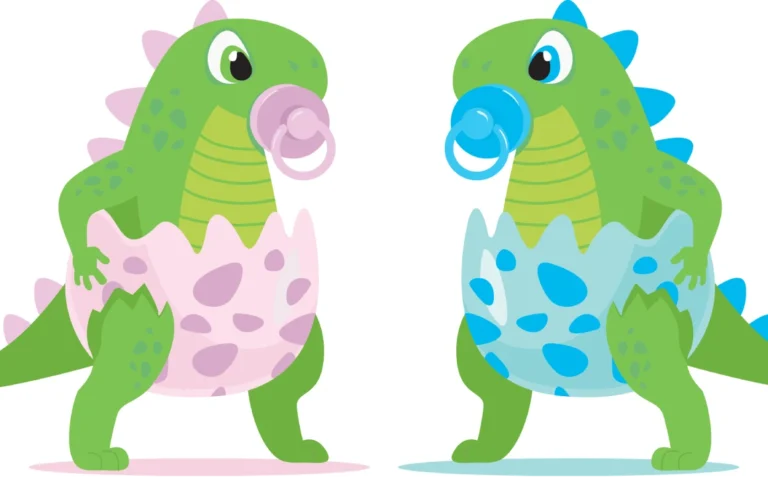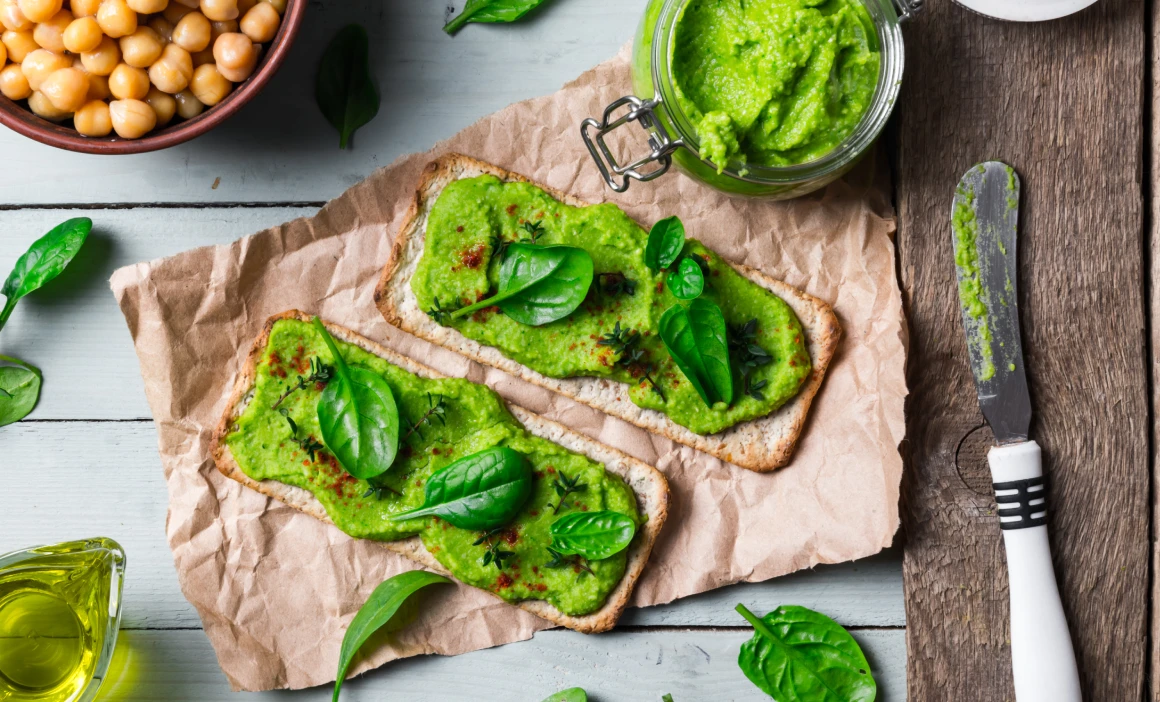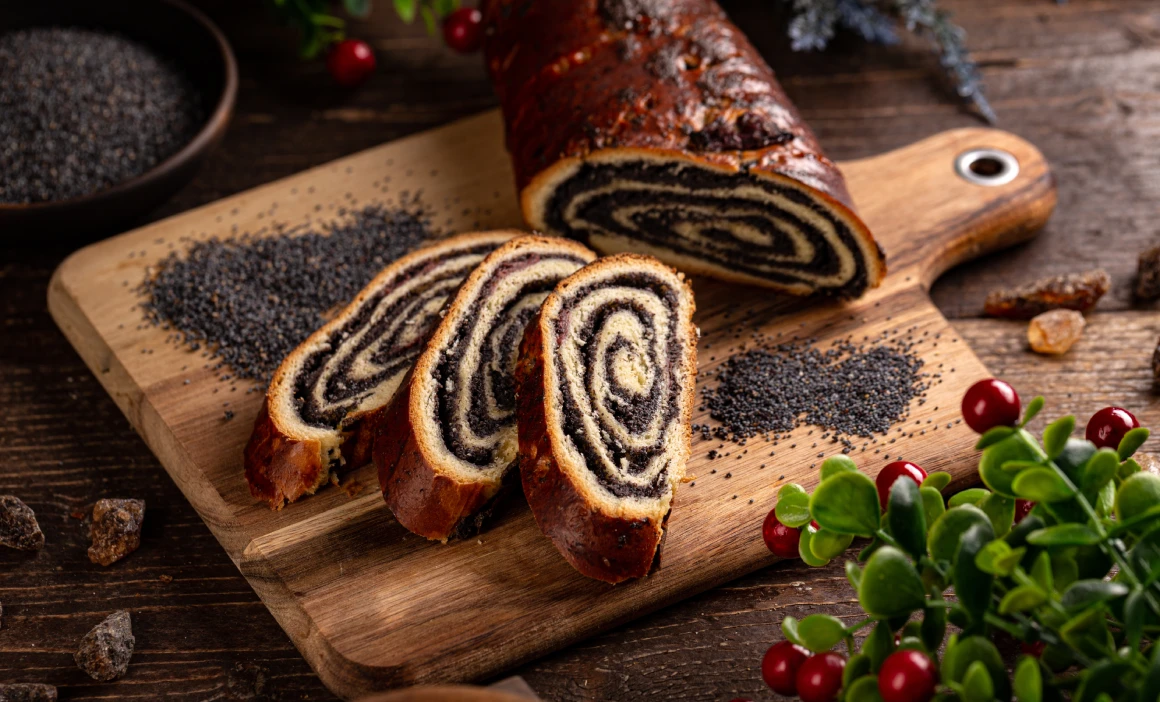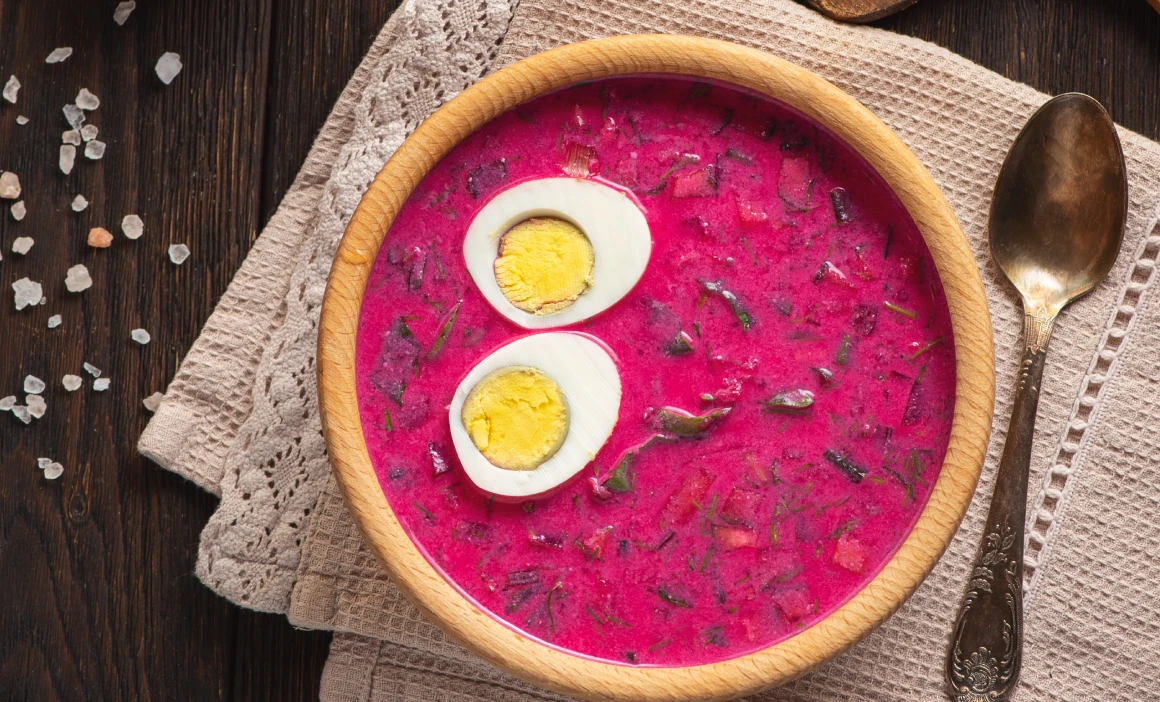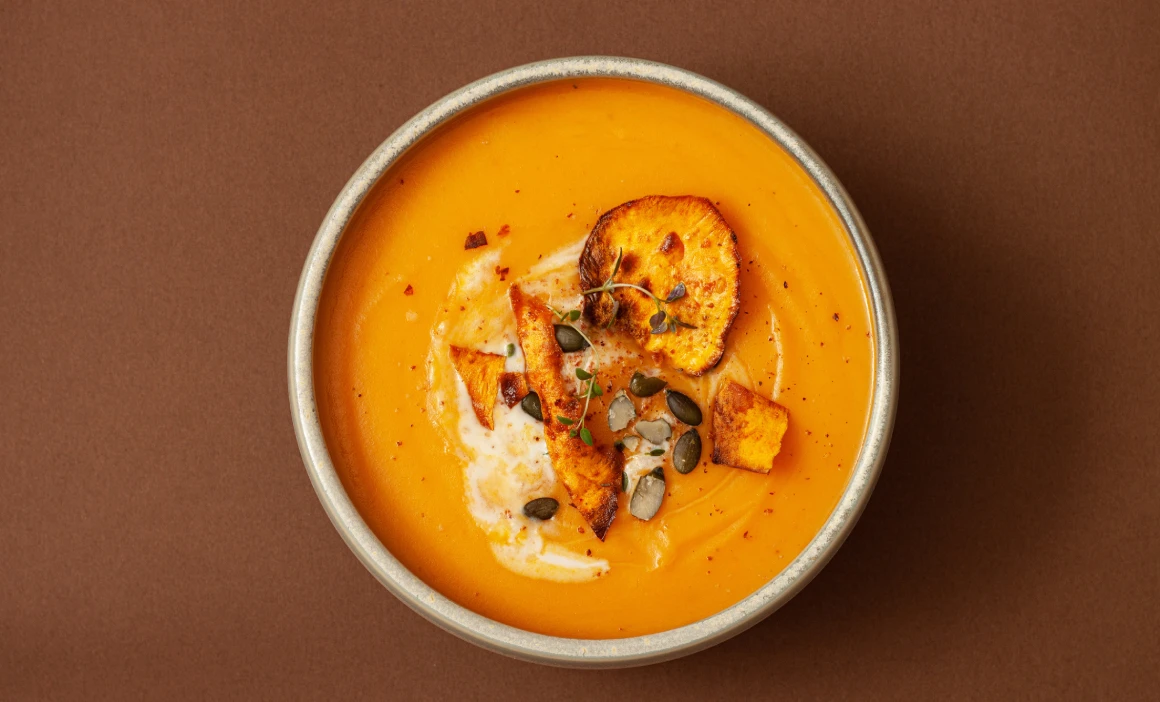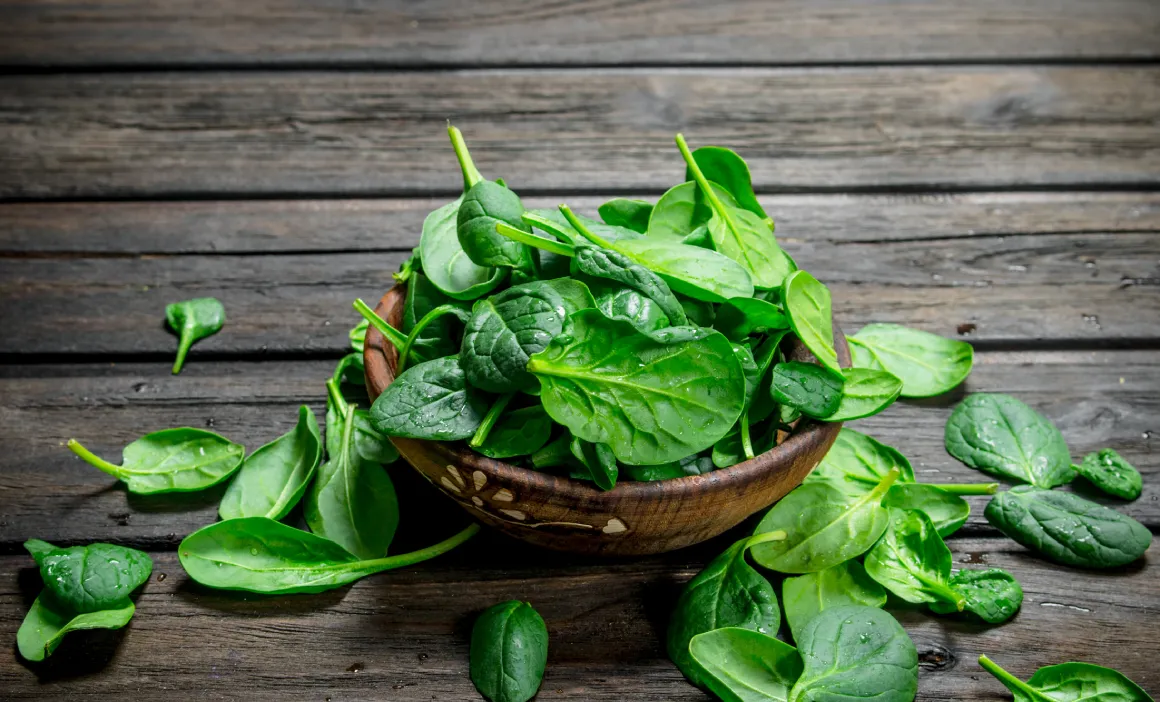
Spinach for Babies (6+ Months) | Purée Recipes, Benefits & Feeding Tips
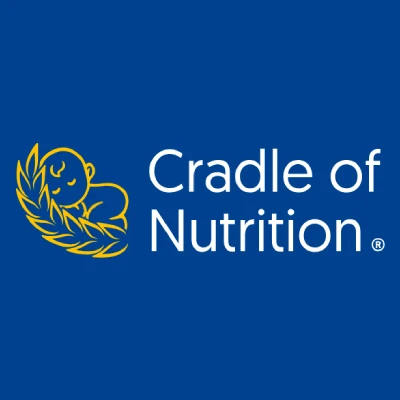
Cradle of Nutrition
- 4 minutes read
Jump to:
Looking to add more greens to your baby’s diet? Spinach is a powerhouse of nutrients and a perfect veggie to introduce around 6–7 months. Whether served as a smooth puree or combined with fruits, grains, or proteins, spinach offers major health benefits for growing babies.
When Can Babies Eat Spinach?
You can introduce cooked spinach to your baby at around 6–7 months, once they’ve started solids. However, it’s best to offer spinach in moderation and always cooked, not raw, especially before 12 months.
🔔 Note: Avoid giving large portions of spinach to babies under 6 months due to naturally occurring nitrates, which can interfere with oxygen flow in rare cases. Cooking and moderation reduce this risk.
Nutritional Benefits of Spinach for Babies
Spinach is a leafy green loaded with essential nutrients your baby needs for development:
- Iron: Supports brain development and prevents anemia
- Calcium: Strengthens growing bones and teeth
- Vitamin K: Aids in blood clotting and bone health
- Vitamin A: Supports vision and immune system
- Folate: Crucial for cell growth and DNA development
- Fiber : Helps promote healthy digestion
- Antioxidants: Protects cells from free radical damage
How to Make Spinach Purée for Babies
Basic Spinach Purée (6–7 Months)
Ingredients:
- 1 cup fresh spinach (baby spinach preferred)
- Water or breast milk (for thinning)
Instructions:
- Wash spinach thoroughly.
- Steam or sauté spinach for 3–4 minutes until wilted.
- Blend with a little water or breast milk until smooth.
- Serve warm or freeze in baby-friendly portions.
Prep Time: 5 min
Cook Time: 5 min
Storage Tip:
- Freeze in ice cube trays for up to 2 months. Refrigerate for up to 48 hours.
Best Spinach Baby Food Combinations
Once spinach is tolerated on its own, mix it with other foods to balance the flavor and boost nutrition:
1. Spinach + Pear
A sweet-and-savory combo packed with iron and fiber
➤ Steam pear and spinach separately, blend together
2. Spinach + Sweet Potato
Great for iron and vitamin A
➤ Steam both until soft, blend into a creamy mash
3. Spinach + Apple + Chicken
High in iron, protein, and vitamin C
➤ Cook chicken thoroughly, steam apple and spinach, blend
4. Spinach + Lentils
Iron-rich vegetarian combo
➤ Use cooked red lentils and sautéed spinach, blend or mash
Spinach for Babies: Safety & Allergy Info
1. Is spinach a common allergen?
No — spinach allergy is rare, but watch for symptoms like rash, vomiting, or swelling after first exposure.
2. What about nitrates?
Nitrates in spinach can be a concern if fed in large amounts to babies under 6 months. Stick to small, occasional portions and always cook it.
3. Can I serve spinach raw?
No — babies under 12 months should not eat raw spinach due to digestion and nitrate concerns. Always steam, sauté, or boil it first.
4. Can spinach cause constipation?
Not usually. Spinach contains fiber, which supports digestion, but excessive iron can sometimes affect stool consistency in sensitive babies.
How to Store Spinach Baby Food
- Fridge:1–2 days – Use an airtight container
- Freezer: Up to 2 months – Freeze in small portions (ice cube trays work best)
- Thawing: In fridge or warm water – Never refreeze once thawed
- Always check the smell and texture before serving leftovers.
Does Spinach Get Watery After Freezing?
- Yes — spinach puree can become watery after thawing. This is totally normal and safe. Spinach has a high water content, and freezing breaks down its cell walls, causing liquid to separate when defrosted.
Tips to Fix Watery Spinach Purée:
- Stir well after thawing to re-blend the liquid
- Mix with thicker purees like sweet potato, lentils, or oats
- Strain excess water if needed for consistency
- Freeze in small batches to reduce ice crystal damage
Tips for Serving Spinach to Babies
- Introduce spinach after milder veggies like carrot, zucchini, or sweet potato.
- Combine with vitamin C-rich foods (like apple or pear) to help iron absorption.
- Use baby spinach for milder flavor and lower nitrate levels.
- Gradually increase portion sizes based on your baby’s age and tolerance.
Is Spinach Good for Babies?
- Yes! Spinach is a nutrient-rich vegetable that supports your baby’s iron levels, bone health, and digestion. Introduced correctly and combined with sweet or starchy foods, it becomes a healthy and versatile part of your baby’s weaning journey.
Please note: The nutritional information provided is an estimate, calculated using an online nutrition calculator.
Nutritional Facts:
(for a basic spinach purée ¼ cup / 60g)
Calories: 14 kcal | Sodium: 47mg | Carbohydrate: 2.2g | Sugars: 0.3g | Fiber: 1.3g | Protein: 1.7g | Calcium: 59mg | Iron: 2mg | Potassium: 335mg
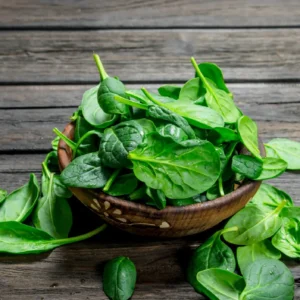
Spinach for Babies (6+ Months) | Purée Recipes, Benefits & Feeding Tips
Ingredients
- 1 cup fresh spinach (baby spinach preferred)
- Water or breast milk (for thinning)
Instructions
- Wash spinach thoroughly.
- Steam or sauté spinach for 3–4 minutes until wilted.
- Blend with a little water or breast milk until smooth.
- Serve warm or freeze in baby-friendly portions.
Notes
Nutritional Facts:
(for a basic spinach purée ¼ cup / 60g)Calories: 14 kcal | Sodium: 47mg | Carbohydrate: 2.2g | Sugars: 0.3g | Fiber: 1.3g | Protein: 1.7g | Calcium: 59mg | Iron: 2mg | Potassium: 335mg

